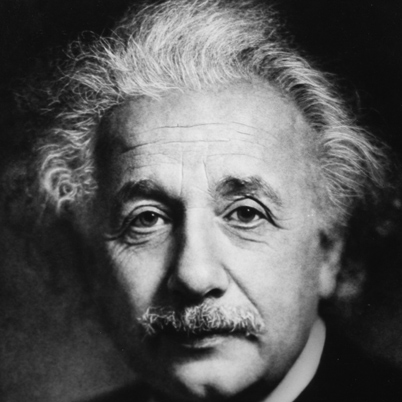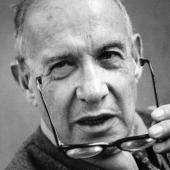“The type of products and services we want to deliver tomorrow will require a new type of leader today.”
From a recent design lab for executive potentials, I posted some impressions to my corporate blog. One reader got stuck on my notion of “a new type of leader”. He claimed, that “…a leader is a leader is a leader”.
While I intuitively seemed to understand him, I followed this invitation to a more elaborate expression of my initial thoughts:

“The significant problems we face cannot be solved at the same level of thinking we were at when we created them”. (Albert Einstein)
Is that a good first answer to why we need a new type of leader?
In more detail, I could agree, that great leadership is great leadership. Yet I’d even more agree if we’d say, that different context requires different types of leaders.
Now, trying to define exactly what type of leaders and which characteristics we need at which times, is a very different question. Today, much of our discussion at the design lab lead us to framing the characteristics of ‘leadership’. And trust me, the different perspectives were vast! – To illustrate this, e.g. when trying to find common grounds on what defines ‘experience’ and ‘journey’ for us, we easily filled one flip chart for each term; yet for leadership, we even had to stop ourselves after two overcrowded charts, and I trust you all could have added even more to that! Having said this, my personal view is, there isn’t one single definition, characteristic or trait of great leadership.
For myself, great leadership is a mix of the right things at the right times.
So how do we want to develop leaders after all, if I argue there is no one single definition to it?
Well, does it need to be either this trait or that trait, this set of behaviours or other behaviours which are the ‘right ones’? Does universal leadership exist at all? – Of course we could use big terms that are abstract and vague enough, so that we find agreement about what great leaders all have in common. But can we do the same on behavioural level? And even if we’d work under the assumption, that the ‘right leadership behaviour’ exists as long as we know the given environment – would this not require us to predict the future environment of our future leaders?

“Trying to predict the future is like trying to drive down a country road at night with no lights while looking out the back window.” – (Peter Drucker)
Maybe we find a way to accept that, as long as we equip leaders to make the right choices at the right times, so that they navigate the challenges of the future – guided by a simple set of principles values or mindset – they will be effective in terms of great leadership?
If we dare to play with this thought, we might end in what Gary Hamel calls ‘management innovation‘, which he defines as “anything that substantially alters the way in which the work of management is carried out, or significantly modifies customary organizational forms, and, by so doing, advances organizational goals. Put simply, management innovation changes the way managers do what they do, and does so in a way that enhances organizational performance.” (The Future of Management, 2007).
With this, I trust that successful leaders of the future will be able to serve both the people they lead, build the organisations that host these people, and fit this all into the world we live in. Those leaders will acknowledge that long-term uncertainty is and always has been the norm, and that an ever changing world requires a constant adaptation of their own being. Leaders of the future will need to integrate both the people, strategy and the organisations they create, and get solid in their self-awareness, self-management and purpose. The task ahead for us is to identify the early indicators of these characteristics.
I might have an opinion there, but there is more work to be done still…
(map)
